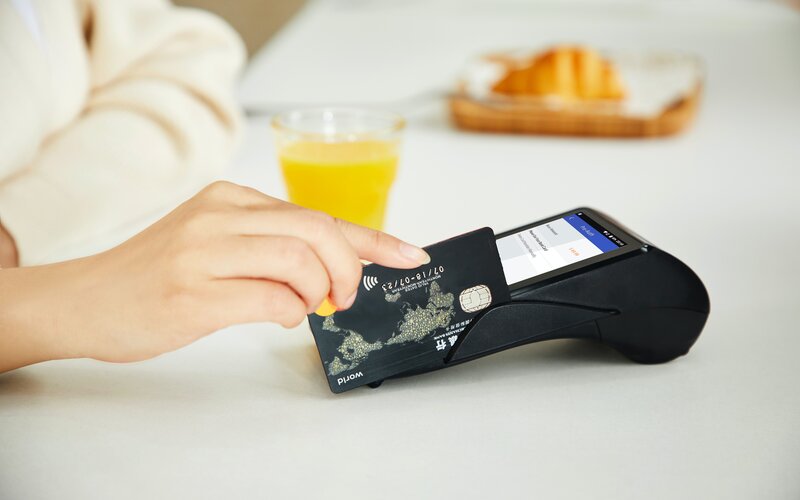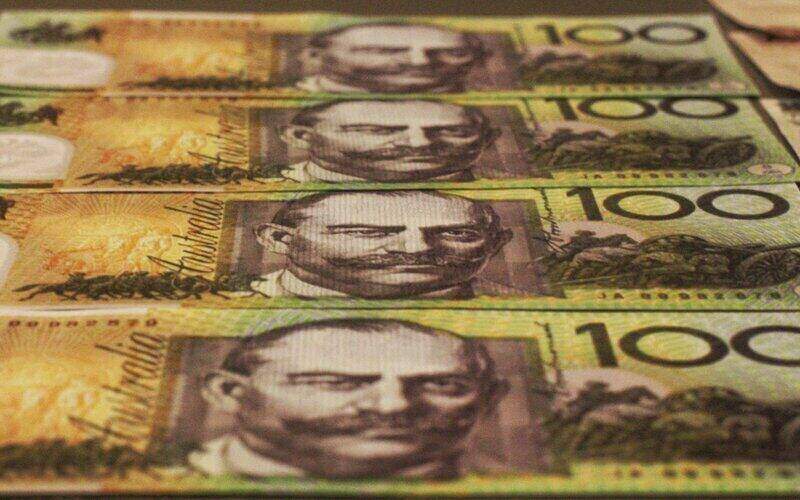The Home Buying Index saw the biggest drop of 21.5%, now sitting 13.1% lower than it was the year prior.
The Health & Fitness category also fell by 14% and Transport fell by 8.6%, but these categories remained elevated based on yearly change.
Commonwealth Bank senior economist Belinda Allen said there is volatility month to month due to seasonal patterns.
"April is generally weak due to additional public holidays falling in the month. In April 2022 the Easter long weekend and ANZAC Day holidays occurred," Ms Allen said.
"Falls in April were led by a 21.5% fall in home buying, with falls also occurring in Health & Fitness, Transport spending intentions and Household Services."
Ms Allen said given the seasonal volatility, the HSI's annual movement gives the best reflection of the current state of the economy.
"The HSI remains solid and is consistent with the RBA commencing its interest rate hiking cycle in May," she said.
"We expect further interest rate hikes in June, July, August and November 2022 and one final hike in February 2023 taking the cash rate to 1.60%.
"We expect a fairly shallow hiking cycle compared to market pricing."
| Spending Category | Monthly Change | Yearly Change |
| Home Buying | -21.5% | -13.1% |
| Health & Fitness | -14% | +2.9% |
| Transport | -8.6% | +13.5% |
| Household Services | -4.3% | +11.3% |
| Motor Vehicle | -2.2% | -4.5% |
| Education | -2.1% | +5.2% |
| Communications & Digital Streaming | -0.5% | +1.1% |
| Utilities | -0.1% | +0.6% |
| Insurance costs | +0.3% | +1.3% |
| Retail | +0.3% | +10.4% |
| Entertainment | +6.0% | +1/8% |
| Travel | 10.6% | 41.0% |
Source: CBA
Credit card spending increased but debt decreased: What's the deal?
The RBA's latest credit card data revealed that balances accruing interest fell from $18.108 billion to $18.004 billion over the past month, in seasonally adjusted terms.
This means that credit card debt fell by $104 million.
The total value of transactions rose from $29.041 billion to $29.194 billion, representing an increase of $153 million.
So while there is more credit card spending taking place, credit card debt went down, which means people are making their credit card repayments on time.
Credit cards typically have 55 days' interest free, however some brands offer interest-free periods as long as 110 days.
Image by Mark OFlynn on Unsplash



 Denise Raward
Denise Raward
 Harry O'Sullivan
Harry O'Sullivan

 Hanan Dervisevic
Hanan Dervisevic


